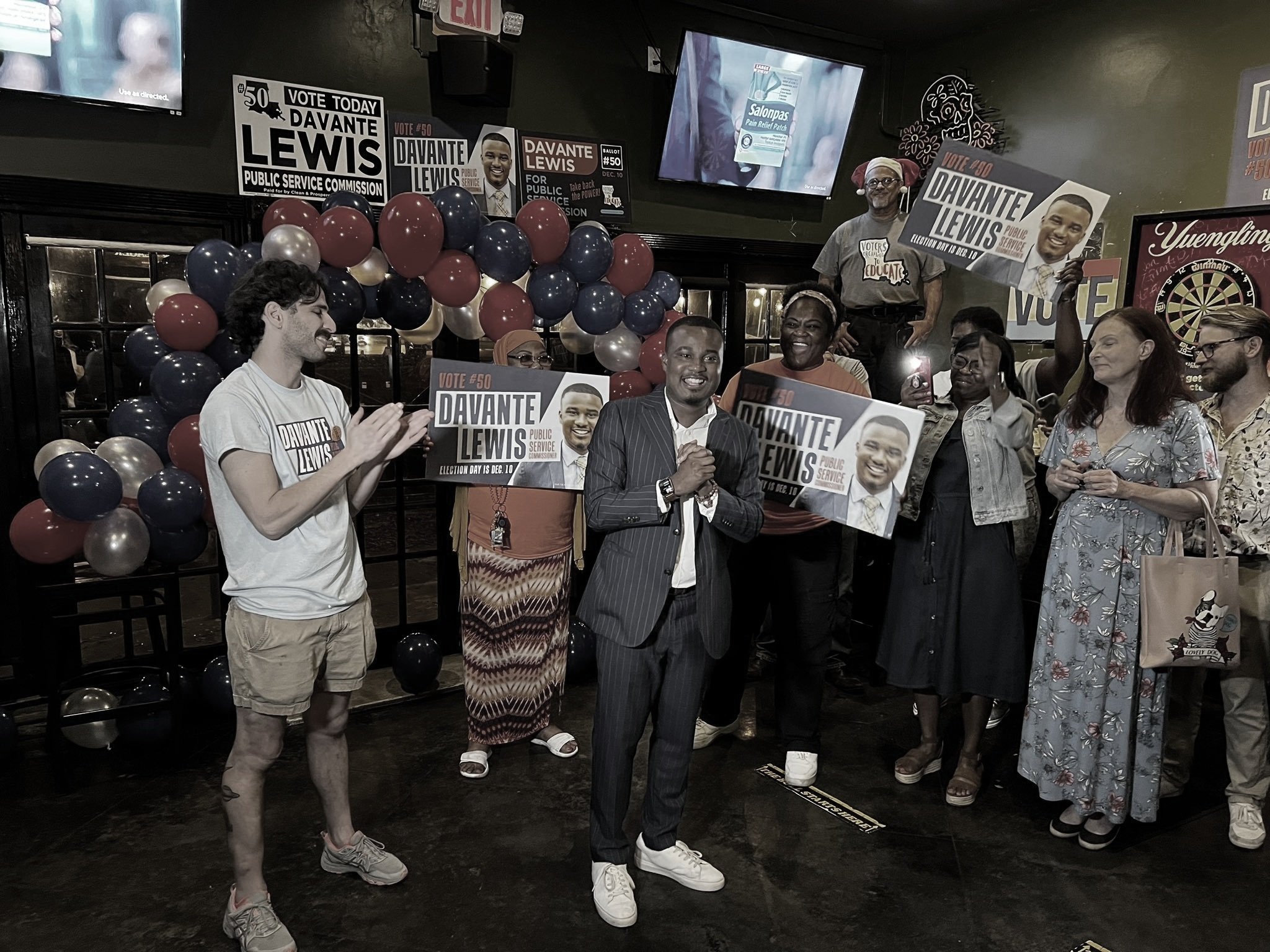Leaders ready to take on the inequalities of our world.
Empowering Formerly Incarcerated Individuals and our allies to run for office and win!
About Us.
The Problem.
Candidate Development
Have you aspired to run for office or are you a member of your community ready to take the next step in becoming a voice for change? Through the Candidate School, you’ll gain a deep understanding in everything from developing your personal narrative, to getting on the ballot and running winning campaigns.
Campaign Management
Whether you’ve worked on political campaigns and the past or this is your very first time entering the political arena, The Campaign Management School is developed to enrich our cohort members with a wealth of knowledge extending from effective utilization of emerging technology to understanding data management and strategic targeting. You’ll graduate from our Campaign Management School prepared to be an effective leader on any campaign you choose.
The Justice Caucus
A commuity of like minded elected officials across the state of Louisiana committed to cultivating impactful legislation driven by the lived expereinces of our community. The Caucus aims to bring together elected officials and their consitutuents to collaborate and develop pathways to equity on the local and state level.
A Platform Centering Lived Experience
Voters Organized to Educate is fighting to elect community centered forward-thinking leaders across the state of Louisiana and beyond who believe in a future without mass incarceration, the right to quality housing and clean air, and the free accessibility to participate in our democratic process without barriers.
-
Louisiana has the highest incarceration rate in the nation, with over 1 in 4 adults having been incarcerated at some point in their lives. We need to invest in education and community resilience instead of building more jails. This means investing in early childhood education, after-school programs, and job training programs. It also means investing in community-based organizations that provide support to people who are struggling with poverty, addiction, and mental health problems.
-
The disenfranchisement of formerly incarcerated people is a significant barrier to democracy and civic participation. It disproportionately affects Black people, who are overrepresented in Louisiana's criminal justice system. These individuals are often denied the right to vote, even after they have completed their sentence, served their debt to society, and are living and working in their communities.
-
Louisiana, like most states, has been affected by the housing crisis that continues to threaten the stability and livelihoods of its residents. The shortage of affordable housing, along with the lack of funding to support housing programs, has made it difficult for low-income families, working-class individuals, and vulnerable populations to secure safe and stable housing. As advocates for ending policies and practices that exclude people with past convictions, we believe that housing is a human right and that access to decent housing is fundamental to a healthy and sustainable community.
-
Addressing the preparedness of our communities and facilities housing currently incarcerated people in a time where the risk of catastrophe from natural disasters is ever-increasing, is essential. In preparation for any hurricane, Louisiana must annually choose whether to evacuate thousands of incarcerated people who depend upon prison staff for their food, water, and medicine in the sweltering heat. Our state sits at the forefront of the most devastating impacts that a rapidly changing climate will offer. Although, that also places us in the unique position to be leaders in the fight to protect vulnerable communities, address long-standing issues of environmental racism, restore our coast and wetland, and investing in clean alternative energy sources for a more sustainable Louisiana.
-
Louisiana has been facing a health crisis for many years, with high rates of chronic diseases, disparities in healthcare access, and poor health outcomes for minority communities. Incarcerated people have no choices in health care, and are entirely dependent on prison and jail staff to meet the constitutional standard of care in medical and mental health. We believe a fully integrated healthcare system can better treat people in every corner of our state, and those under "state custody and control" can be no exception.




